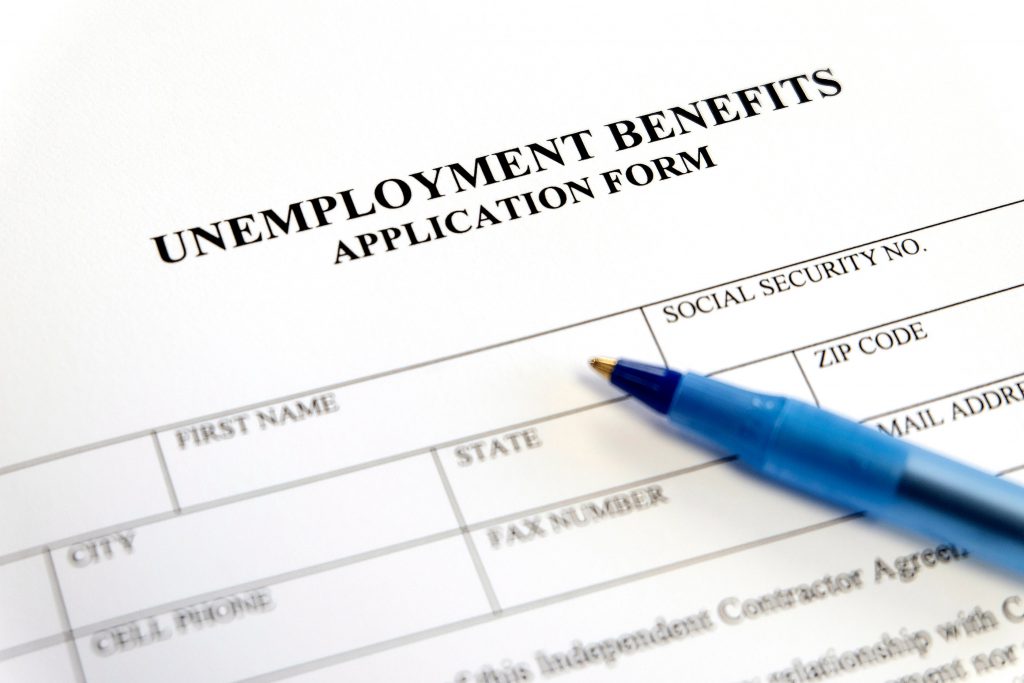Creditors May Lower Your Credit Limit in Response to COVID-19

As COVID-19 has continued to take a toll on the American economy, which remains in recession, many people have made changes to their personal finances in an effort to make ends meet. From budgeting, to saving as much as possible, to furiously pursuing unemployment and other benefits, this has looked different for everyone. But despite your best efforts to take control, some financial impacts remain largely outside of your control. As it turns out, one of those impacts may be damage to your credit score. As financial institutions tighten their practices, many are lowering credit limits, which could lead to a drop in credit scores. Here is what you need to know.
Why Your Credit Limit Matters
A credit limit is how much credit a financial institution is willing to extend to you on a given product. It is a maximum amount, and you cannot exceed it without permission or an increase. We are talking here about credit limits on individual credit cards, but you can also think of your total credit limit across all your credit accounts. Credit limits typically vary according to your income and other factors. If you’re curious how your credit limit compares to others, Experian has published some very interesting data about the average “total credit limit” by generation.
On the one hand, the concept behind credit limits is pretty simple. If you have a credit limit of $1,000 on a given credit card, and you have already spent $700 on that card this month, then guess what happens when you try to make a $500 purchase. You will be denied for trying to go over your $1,000 limit. But, there is actually much more to credit limits than meets the eye. A credit limit is an important part of how your credit utilization ratio is determined. Why does that matter? Well, thirty percent of your FICO credit score is made up of your “Amounts Owed.” Despite the title, the most important factor of “Amounts Owed” is how much credit you are using versus how much credit you have available. That is your utilization ratio, and in general a lower ratio is better.
Therefore, your credit limit is actually very important because it impacts the second-largest variable in your credit score. If your credit limit goes down even on just one of your credit cards, that means your utilization ratio will increase (all other factors being equal). While it may seem counterintuitive at first, you are rewarded for having a higher credit limit! Of course, a higher credit limit also means that you could potentially take on significant debt without as many obstacles standing in your way. In some ways, then, a high credit limit is risky (especially if you are someone who may be tempted to run up your balances). But the risk is often rewarded in credit scoring models.
What Creditors Are Doing
Banks and other creditors have not been immune from the impacts of COVID-19, and banks are preparing for a future that could be grim. Of course, no one knows the future of the American economy, but creditors in recent months have decided to limit some risks where they can. One way banks do this is by decreasing the amount of credit available to their customers. Sometimes, a creditor may do this to a customer it views as high-risk and unlikely to repay all the credit that is currently available to them. Other times, the creditor may actually think a given consumer is a good risk, but wants to lower the credit limit anyway, to reduce its overall outstanding credit.
It appears that this has been a widespread practice by creditors this year. In April, some major creditors began paring back credit limits for new and existing customers. High profile bank executives made public comments (included in the previously linked MarketWatch article) about how they would approach this strategy, including periodic reviews and real-time assessments of customers’ financial well-being. Since then, there has been a flurry of posts and chatter about this issue—from forums, to social media, to travel rewards websites—indicating that this has become fairly common.
Creditors generally have significant freedom to make this change without your consent. However, you should receive notice that the change has occurred.
Steps You Can Take
You should determine whether this issue is affecting you negatively. First, see if you have had your credit limits lowered. You should have gotten a notification about this, so re-check your mail, email, or online account to see. You may also have a credit monitoring service—either that you pay for or receive independently or through one of your cards. That service should alert you to a decrease in your credit limit. And, of course, if your limit affects your score, you can find out by checking your score and reading the alerts and explanations for why it dropped.
But should you even be worried about this? If you are already struggling with credit card debt, then the answer may be no. It is still true that a decrease in your limit can create a drop in your score, but that may not matter right now. Your more important goal may be to pay off your debt, and in some ways a lower limit may help you toward that goal. But for others, a hit to your credit score could be a major disruption, such as if you were about to purchase a home.
So, to recap: you should evaluate where you stand. Find out whether you had a drop in your limit, and consider if it is worth trying to fix. If the answer to both is yes, then your best bet is to contact your creditor directly. You should do so as soon as possible after the change is made, as your creditor may have a different process for considering a requested change to your credit limit if it is made long after a creditor-initiated change. You will want to explain to them that your credit score decreased but that you have not experienced a material change to your income or other financial circumstances. Ask directly that they return the limit to where it was previously. Just remember that they are under no obligation to grant your request.
Want More Help?
If you have experienced a decrease in your credit limit related to difficulty paying your credit card bills, a credit counselor may be able to help. Contact an NFCC-certified counselor to discuss your situation in a free review and learn about the options that may be available to you.



